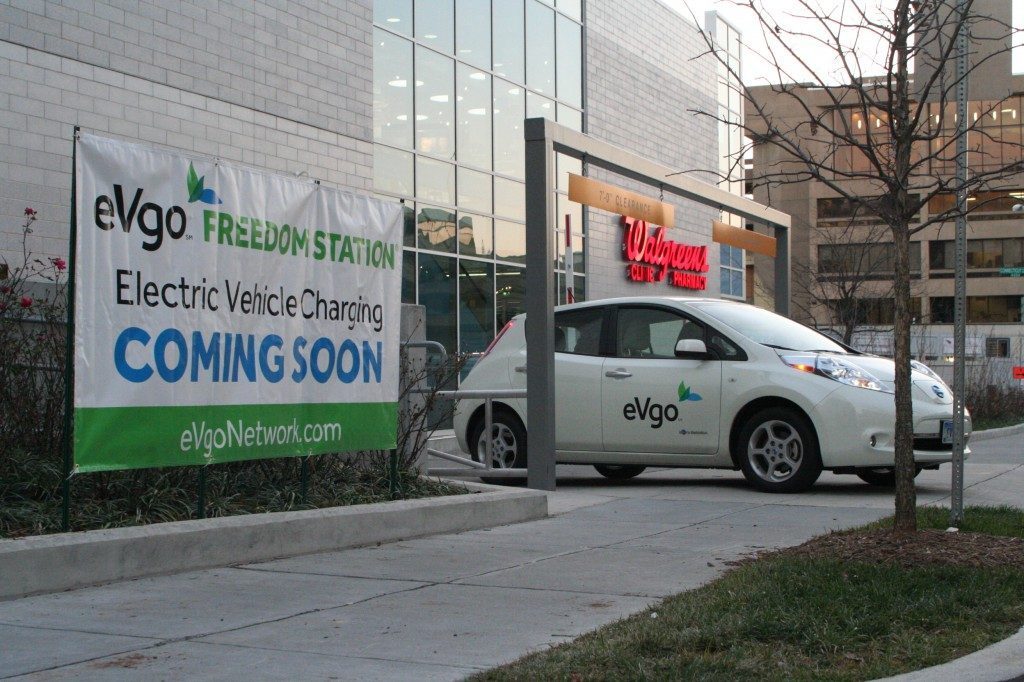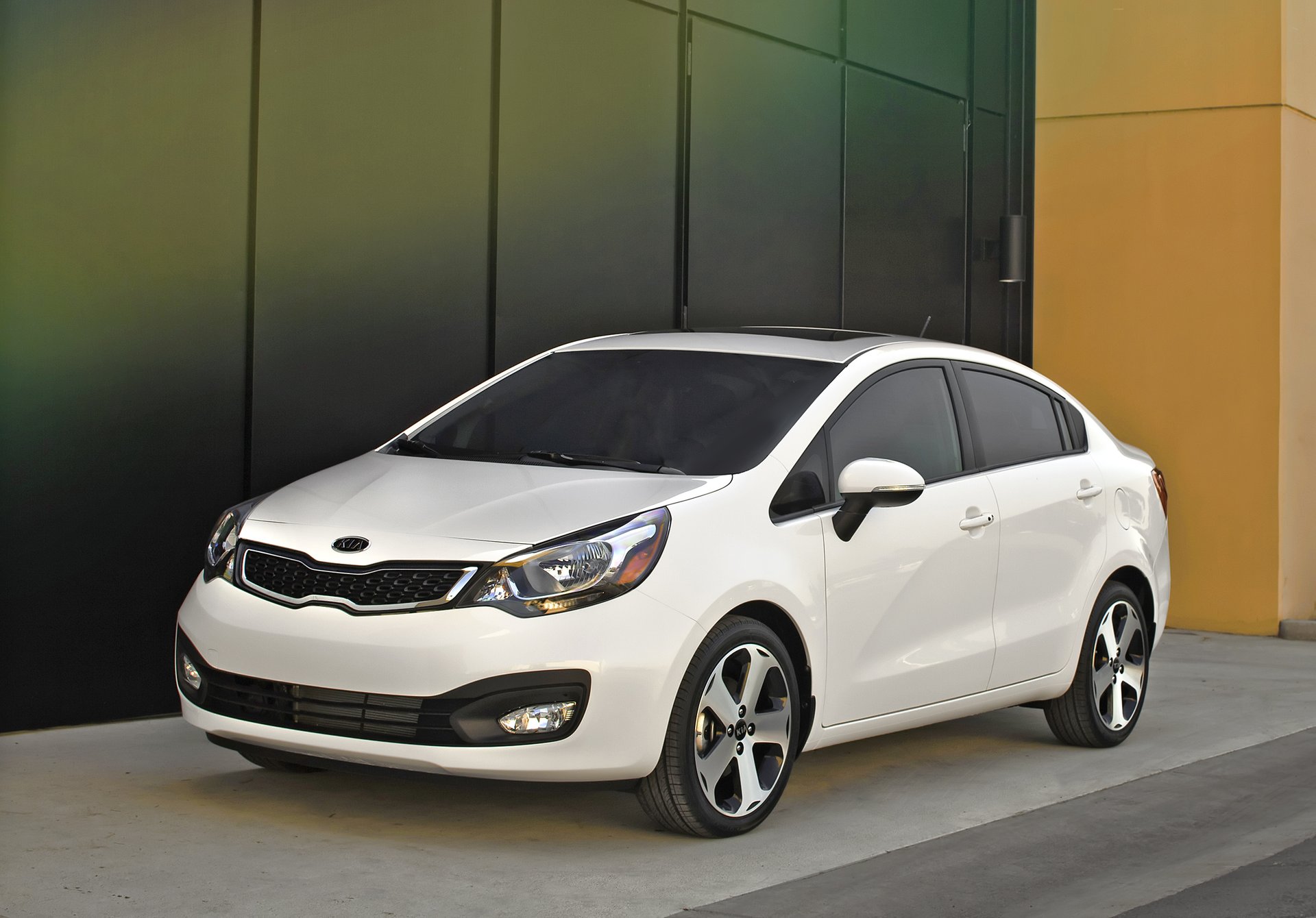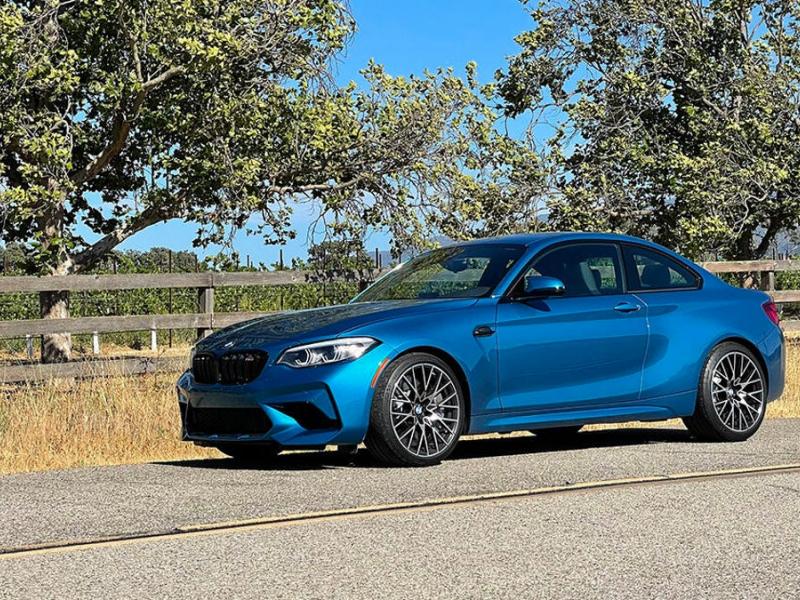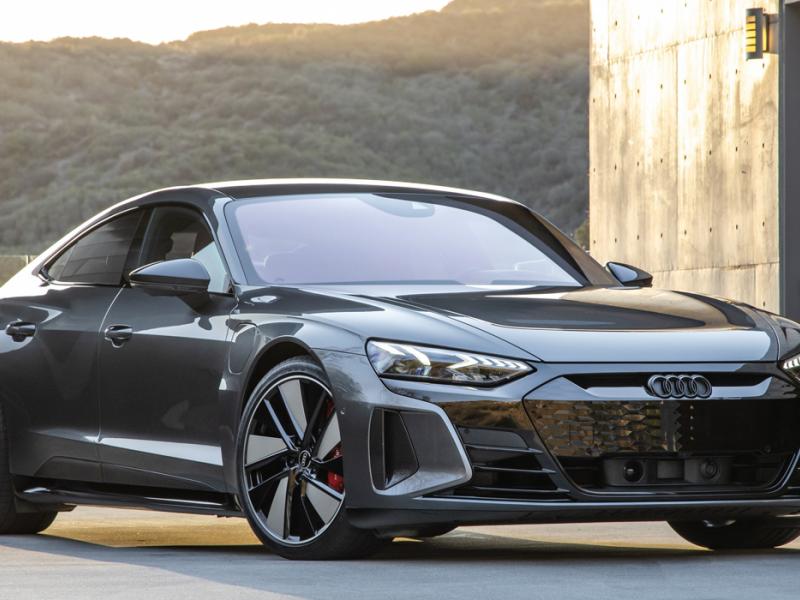EV quick-charging coming to D.C. neighborhoods, starting with Van Ness
Electric vehicles have long been aimed at city-dwellers who don’t have far to drive. Unfortunately, developing the necessary infrastructure inside the city limits has proven more challenging than originally thought. But D.C. metropolitan area residents can rejoice in knowing that public quick-charging is on its way.
At the 2013 Washington Auto Show, Nissan and eVgo Network announced a new partnership that will triple electric vehicle fast-chargers in 18 months. The two companies will work together to provide 40 EV quick-charging stations to the D.C. area. Nissan will provide the technology (i.e. the charging stations) and NRG’s eVgo will provide the network.

Construction of the first Freedom Station is underway at the Walgreens at Van Ness/UDC on Connecticut Avenue with plans to launch this Spring.
eVgo’s fully functioning network in Texas has already proven it can be done. Who would have thought Texas, the land of oil and big rig trucks, would have been the first state to adopt this network so widely? Yet eVgo has installed 37 quick charging stations around Texas, the most of any state in the country. Houston alone has 17 operational chargers for use by the public.
Only 160 public fast-chargers are available nationwide, none of which are located in Washington, D.C. That means EV drivers must rely on home charging stations. And if you don’t own a driveway or a garage, then you’re not likely to choose an EV for your mode of transport.
eVgo will build 40 DC (DC, in this case, is for “direct current”, not “District of Columbia”) fast chargers stretching from Northern Virginia to Maryland. “Try to put 40 dots on the map,” said Carly Kade of eVgo Communications, “That means we’re going to have great coverage.”
In brilliant startup fashion, eVgo is provider agnostic. They care less about who provides the technology, and more about having access to the technology for use with their networks. This choice enables eVgo to flex with market adoption and economic factors as electric vehicles – and the infrastructure that makes them work – continue to transform.
“We think DC fast chargers will revolutionize the EV industry, reducing range anxiety” said Kade. “[It will be] like knowing a gas station is around the corner if you need it.”
DC chargers can bring an electric vehicle to a full charge in a much shorter time period, pumping 50 miles of electric range into an EV in just 15 to 30 minutes. That’s considerably faster, and more convenient in many cases, than its Level II brother, which is better suited for overnight charging.
Michael Krauthamer, who leads eVgo’s business development efforts in the mid-Atlantic region, is responsible for building out the EV charging ecosystem here in the nation’s capital, and eventually, beyond. He drives a Nissan LEAF every day and summed up area consumers’ needs as follows:
A car like the LEAF can travel between 80-100 miles on a charge, varying with driving style and temperature controls. While most people don’t drive that many miles a day on an average day, on occasion, they have a need to drive that number of miles or more. By having a comprehensive ecosystem of charging, drivers will feel comfortable in the D.C. market enough to not think twice.
The beauty of eVgo’s Freedom Stations is that they are designed to be built in tandem with demand. These charging hubs will move along with EV adoption and even changes in the technology. That single spot for charging in Van Ness? It has been designed to eventually have two stalls – as soon as two are needed.
District residents like to have options when it comes to transportation. Car share programs such as ‘Car2Go’ and Zipcar have proven crucial to the city slicker’s livelihood, particularly if that means they must venture across the Potomac.
Pricing for joining the eVgo Network will vary from market to market, but generally, membership will be based upon monthly subscriptions that will give EV drivers unlimited access to fast charging stations, similar to an unlimited mobile phone data plan.
In Texas, top tier subscribers who pay $89 per month for a three-year term get a home installation rolled into their plan. However, some of that cost is eased through rebates offered for electricity used by the home charger. D.C. area residents won’t have the benefit of the electricity rebates, but they will get the same unlimited access to charging stations.
To put it in perspective, most of us working in D.C. spend more on Metro fares per month than Texans do for at-home charging and unlimited public charging through the eVgo Network.
I guess the only question, and quite possibly the most enticing point, for potential EV drivers living in D.C. is – Will you be safe from the meter patrol while juicing up your wheels?




